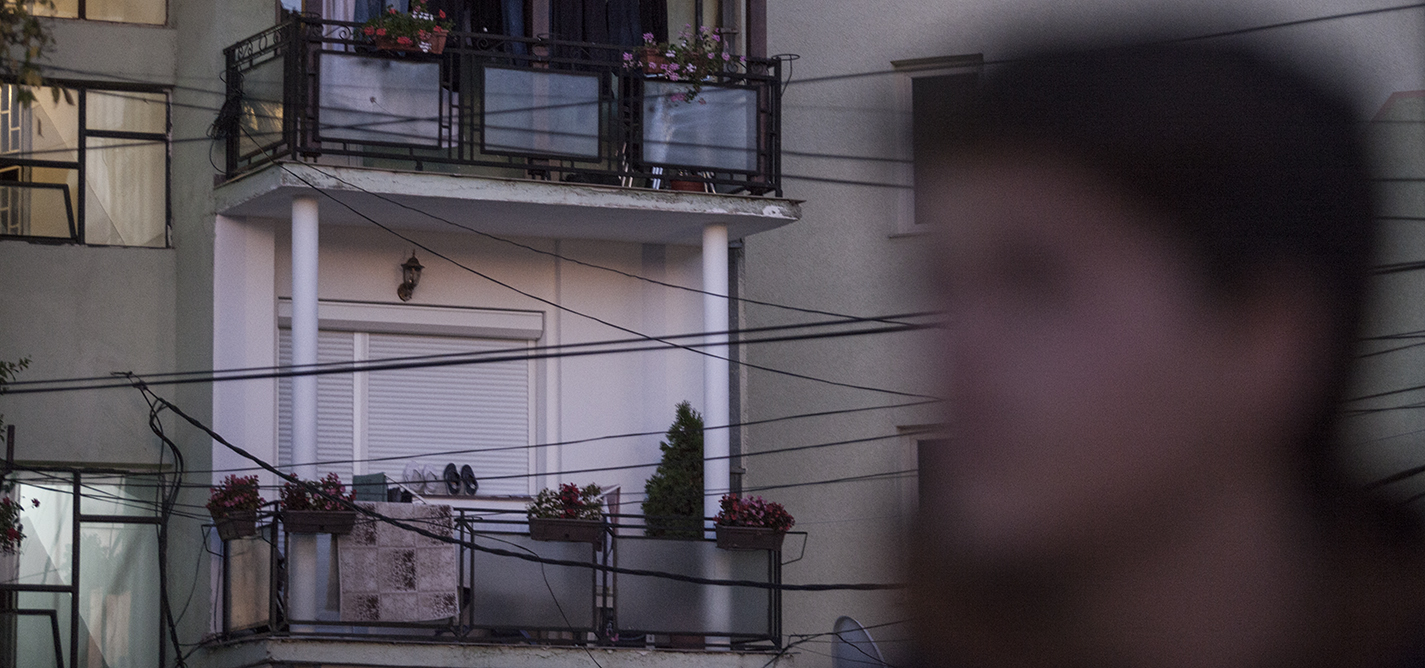
“Mum, Dad, I'm...”
Coming out in Kosovo.
|10.10.2017
“I told her I was trans but I had to explain in detail what that meant.”
“I want to go a step forward and make this more normal and we can only do this by coming out.”
Stephany CandelaWhile he has not officially come out to his parents, Albi says there is a saying among the LGBTI community: “Your parents know before you do.”
“All I got was positive messages from old friends and they were like: ‘Congratulations, you’re brave for coming out.’ I’m still waiting for the threats!”
Lendi Mustafa on coming out on national television.
Jack Davies
Jack is a freelance journalist based in Prishtina.
This story was originally written in English.